África/ 11 de Mayo de 2016/Informativos.net
¿Cómo fomentar la alfabetización digital como una capacidad básica para la juventud africana en la economía actual? 150.000 niños y jóvenes africanos de 30 países aprenderán y se divertirán desarrollando código durante la celebración de Africa Code Week 2016, organizada por SAP y cientos de entidades colaboradoras y que se presenta hoy en Kigali (Ruanda) en el marco del Foro Económico Mundial.
África es uno de los continentes que cuenta con mayor mano de obra y más joven. Según datos del Foro Económico Mundial, el crecimiento del continente este año se situará por debajo del 5% debido a que la economía mundial sigue sufriendo. Y a pesar de ello el continente tiene el mercado de consumidores digitales que más rápido crece y la mayor población en edad de trabajar del mundo. Y sin embargo, las empresas africanas tienen dificultades para cubrir puestos de trabajo que requieren competencias digitales. Hoy, sólo el 1% de los niños africanos tiene conocimientos básicos de desarrollo de código al dejar el colegio.
En los próximos 25 años, la población de África en edad de trabajar se duplicará hasta los 1.000 millones, superando a la de China e India. Mientras tanto, la desigualdad en materia de conocimientos digitales es cada vez mayor.
Aunque la programación podría generar millones de empleos para jóvenes africanos y poner a sus países en la senda del crecimiento sostenible, las empresas en África a duras penas identifican candidatos con suficientes destrezas tecnológicas. Por tanto, la cuestión no es establecer si es necesario o no ofrecer a los jóvenes africanos un programa completo de apoyo a la formación, sino definir cuándo se debe poner en práctica. La respuesta de los participantes en Africa Code Week es: AHORA.
Según ha manifestado el ministro de Juventud y TIC del gobierno de Ruanda, Jean Philbert Nsengimana, «Hoy en día la alfabetización debe ir más allá de saber leer y escribir, incluso más allá de la alfabetización digital, es decir, de saber cómo usar los ordenadores. La formación básica para la próxima generación debe girar en torno a la programación y desarrollo de código”.
La iniciativa que ahora se presenta, se celebrará entre los días 15 y 23 de octubre de 2016, cuando se impartirán miles de talleres y formaciones gratuitas sobre desarrollo de código en las que participarán 150.000 niños y jóvenes de entre 8 a 24 años procedentes de 30 países de África –Angola, Argelia Benín, Botsuana, Camerún, Costa de Marfil, Egipto, Etiopía, Gambia, Ghana, Kenia, Lesoto, Madagascar, Malaui, Marruecos, Mozambique, Namibia, Nigeria, Ruanda, Senegal, Sudáfrica, Suazilandia, Tanzania, Togo, Túnez, Uganda, Zambia y Zimbabue-.
Los niños de 8 a 11 y 12 a 17 años participarán en workshops basados en Scratch, una plataforma de aprendizaje desarrollada por MIT Media Lab para simplificar el desarrollo de código. Los estudiantes aprenderán elementos básicos de desarrollo de código, así como a programar sus propias animaciones, concursos y juegos.
A aquellos con edades comprendidas entre los de 18 y los 24 se les invitará a un workshop denominado “Introducción a las Tecnologías Web” (para HTML, CSS, Javascript, PHP, SQL), que les proporcionará las bases para entender la arquitectura típica de un sitio web y les enseñará a crear un sitio web totalmente operativo y adaptado a dispositivos móviles.
Casi tan importante como formar a los alumnos es formar a los formadores. Por esa razón, de aquí a que empiece Africa Code Week, SAP impartirá sesiones para preparar para la iniciativa a miles de padres, profesores y educadores. Asimismo, los cursos de Africa Code Week, así como los materiales de aprendizaje estarán disponibles en la plataforma openSAP, totalmente gratuita, para todos los profesores, niños y jóvenes, independientemente de en qué parte del mundo se encuentren. Este es el multiplicador clave que permitirá que Africa Code Week pueda cumplir su ambicioso objetivo de capacitar a más de 200.000 profesores y tener un impacto positivo en la vida de 5 millones de niños y jóvenes durante de los próximos 10 años.
Fuente: http://www.informativos.net/tecnologia/africa-code-week-acw-la-lucha-por-la-cualificacion-digital-en-africa_55071.aspx#sthash.FduhsCDf.dpuf
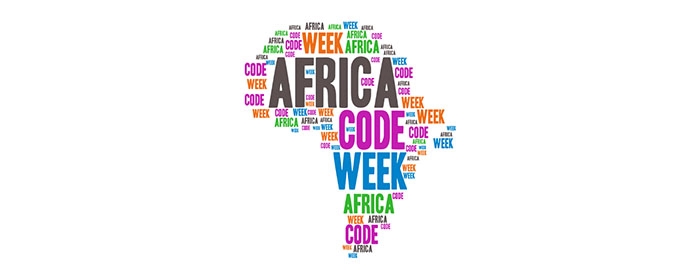
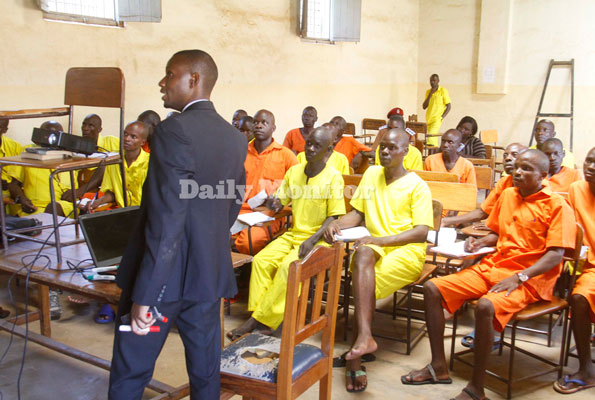
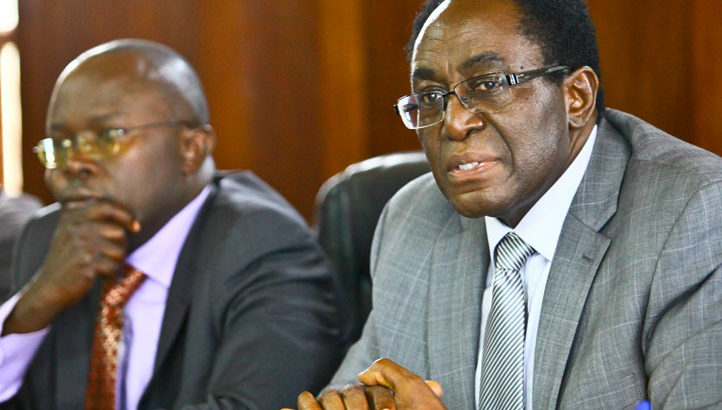
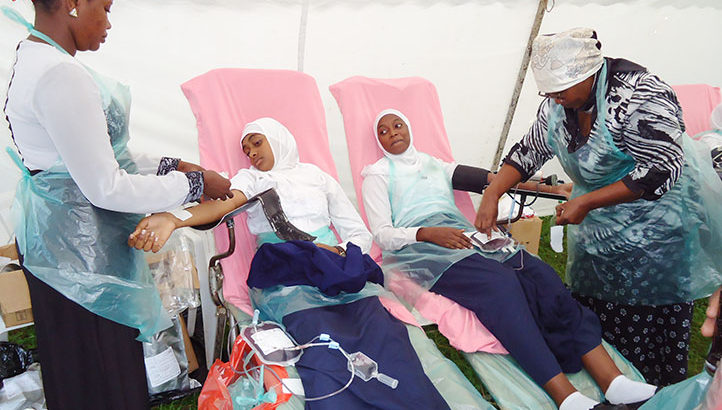
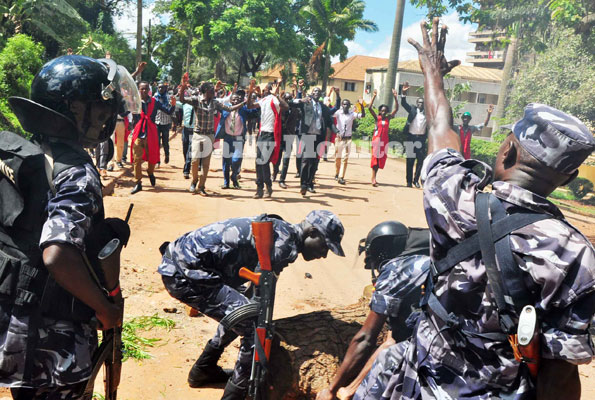

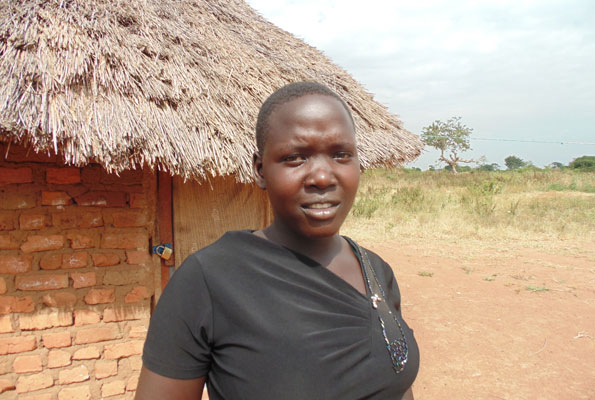





 Users Today : 290
Users Today : 290 Total Users : 35459885
Total Users : 35459885 Views Today : 465
Views Today : 465 Total views : 3418437
Total views : 3418437